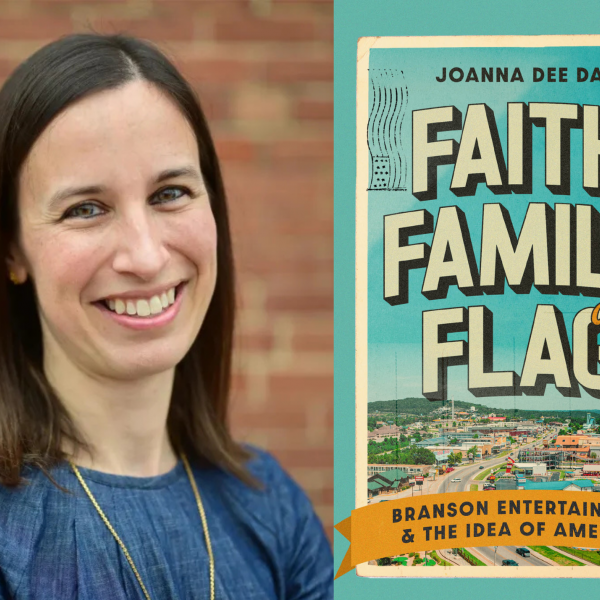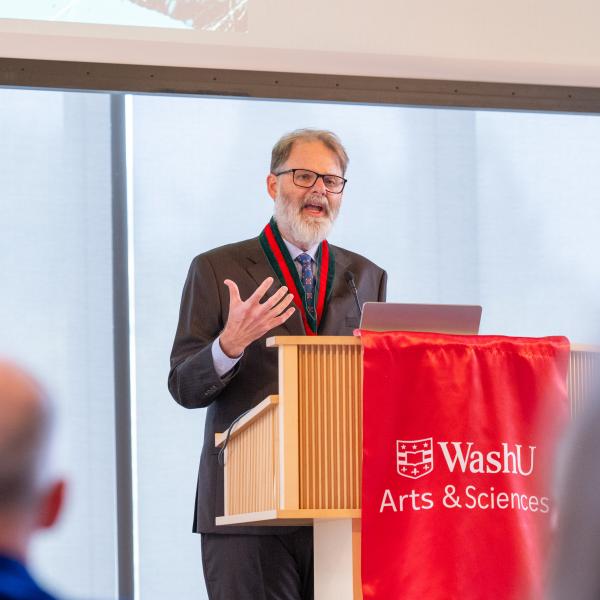Aleppo, Syria, is one of the oldest continuously inhabited cities in the world. Today, Aleppo is a war-torn, environmentally degraded ruin.
Scholars and policymakers often trace such wastelands to a handful of root causes: religious strife, the legacy of colonialism, weak or failed states that invite violence, intervention and reckless development. But in recent years, a group of faculty at Washington University in St. Louis has explored a new framework, one that highlights the roles of ecological, technical and material conditions.
This fall, Nancy Y. Reynolds, associate professor of history, and Anne-Marie McManus, assistant professor of modern Arabic literature and culture, both in Arts & Sciences, will launch their new Mellon Sawyer Seminar, “Grounding the Ecocritical: Materializing Wastelands and Living on in the Middle East,” which is funded by a $175,000 grant from the Andrew W. Mellon Foundation. The seminar’s schedule begins with a workshop Sept. 29.
In this Q&A, Reynolds and McManus, who have joint appointments in the Department of Jewish, Islamic and Near Eastern Languages and Cultures in Arts & Sciences, discuss the seminar, the environmental humanities and how we think about “unproductive” spaces.




